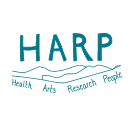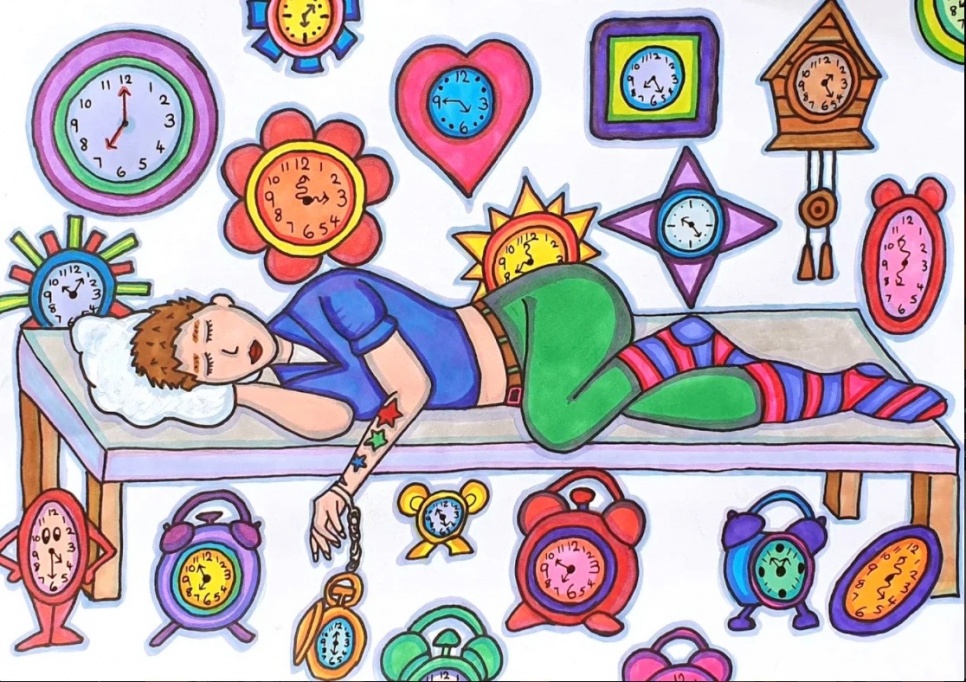When the pandemic began in March 2020, we talked to our sponsors, health boards, arts and health organisations / practitioners and networks including in Wales, as well as in England, Scotland and Northern Ireland, to understand what was going on and where we might add value within the learning agenda of the HARP Programme.
We knew there was a lot of need for support among many groups of people during lockdown and that the arts could play a big role in addressing those needs. We also knew that on the flipside there were significant challenges in convening and supporting people creatively. We therefore wanted to give professional artists, health boards and arts organisations a safe, collaborative space to navigate the new realities of remote arts and health delivery.
The HARP Sprint Challenge
We convened a team of 12 artists and arts and health professionals, who, over a period of 11 weeks (May to Aug 2020), considered four cohorts of participants, mapped needs, set goals and came up with four ideas to test. For this sprint, the overall question was:
How do we improve pathways and access to arts interventions that support different groups during this time and beyond?
Y Lab facilitated a light-touch process offering weekly webinars, funding and coaching support, as well as measuring the impact of the ideas.
What did the teams do?
The four teams tested the following ideas in July and August 2020:
15 A Day
Working with people experiencing loneliness
Ten participants experiencing loneliness were given seven days of virtual reality experiences over a week (Google Cardboard headsets were posted to them) and set activities asking them to respond with sketches, paintings and writing. Pieces were curated into an online Artsteps gallery. A bespoke wellbeing measure was used to track mood before and after each day’s activity.
Family Arts Roundabout
Working with elderly people shielding and younger relatives
Three shielding elderly people attended four weekly online creative sessions with younger relatives and professional artists, to produce a collective dance, singing and visual art video together. The aim was to improve connections between family members and overcome generational, technological and communication barriers to alleviate isolation.
Rengariffic
Working with adults with mental health challenges and brain injury survivors
Two groups of five adults with mental health diagnoses and one group of five brain injury survivors each attended four weekly group online sessions where they created story chains (‘Rengas’) of artworks, inspired by each others’ work and their pandemic experiences. Sessions were co-facilitated by artists and healthcare professionals, in partnership with the VC Gallery and Cardiff and Vale University Health Board. The aim was to provide creative and supplementary support during lockdown when face-to-face therapies were suspended.
Conversations / Future Selves
Working with D/deaf, disabled and neurodivergent artists
The team commissioned five D/deaf and/or disabled artists to produce pieces of art about pandemic experiences, to share with wider arts and health communities via a project website, Conversations / Future Selves. The aim was to make the public more aware of the impact of the pandemic on D/deaf, disabled and neurodivergent people and the complex challenges and opportunities the pandemic created for them.
Financial support
Ten participating team members received small grants of £1,000 from Nesta. Additionally, there was also a small budget to pay freelance artists for delivery of ideas and supply art materials to participants.
Research
We completed interviews, focus groups and participatory action research with the team members, which is now being written up into a paper and submitted for publication. The study has focussed on the online delivery aspects of the Sprint, both as an innovation method and as a vehicle for supporting new arts and health interventions to be developed during the pandemic.
What were the results?
We were delighted that all four teams were able to successfully test their projects with participants. There was a rich and extensive set of creative and learning outputs from the four projects, which you can find in our Sprint report.
HARP Sprint delivery team:
Rosie Dow, programme manager, Nesta
Charlene Stagon, senior consultant, People Powered Results
Sofia Vougioukalou, research fellow, Y Lab (Cardiff University

